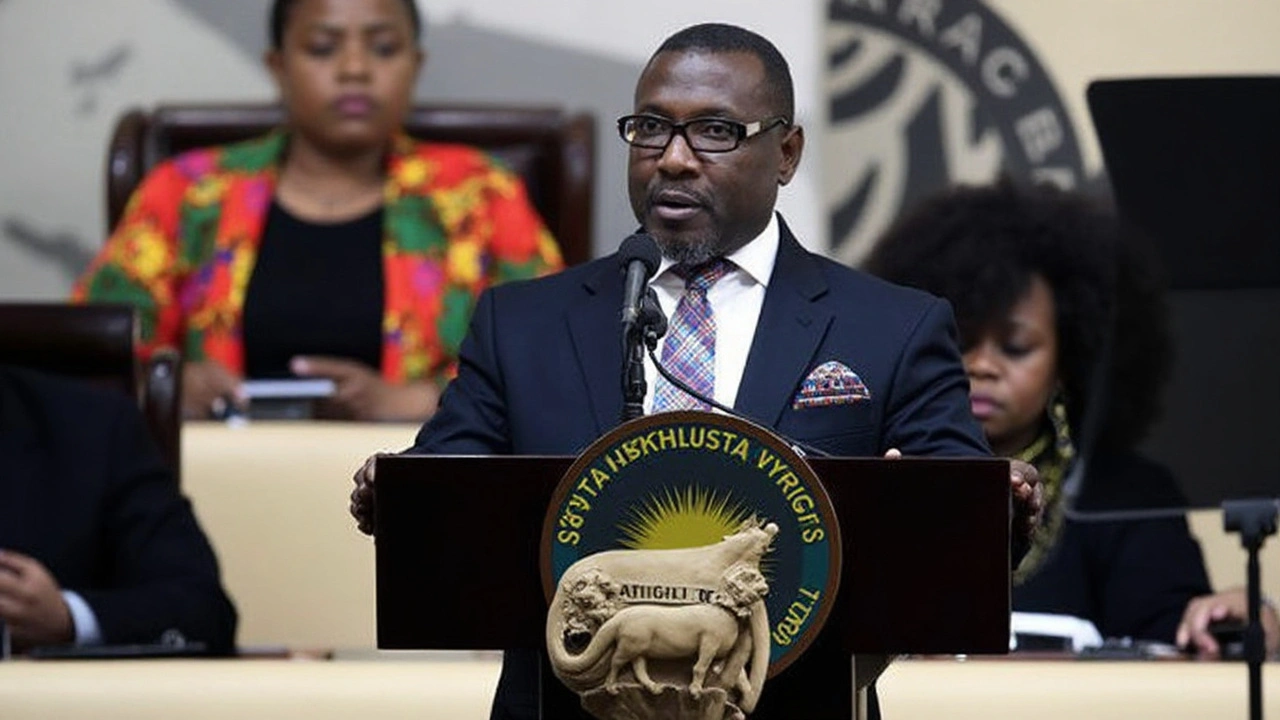Understanding Fiscal Policy and Its Impact on Our Economy
Fiscal policy is all about how the government manages its money to influence the country’s economy. Simply put, it uses government spending and taxes to steer economic growth, manage unemployment, and control inflation. You might not notice it day to day, but fiscal policy shapes everything from the prices you pay to the availability of jobs.
Why does fiscal policy matter? Because it directly affects how much money flows in the economy. When the government spends more or cuts taxes, people and businesses generally have more cash to spend. This can boost economic activity and help reduce unemployment. On the other hand, if the government spends less or raises taxes, it can slow down the economy, which might be necessary to fight inflation.
How Governments Use Fiscal Policy
There are two main tools: government spending and taxation. When times are tough, governments often increase spending on projects like building roads or schools. This puts money in people's pockets through jobs and contracts, which then gets spent again, helping the economy pick up. Alternatively, they may cut taxes so that individuals and companies can keep more of their income, encouraging spending and investment.
But it’s a balancing act. Running large budget deficits—where spending is higher than tax income—can lead to rising debt that needs managing. Too much debt can limit future government spending or tax cuts. That’s why politicians and economists often debate how much spending is enough without risking financial trouble.
Why Fiscal Policy Should Grab Your Attention
You might wonder, "Why should I care about government budgets and tax policies?" The answer: fiscal policy influences your daily life more than most people realize. It determines whether jobs are growing, prices are stable, and public services like schools and hospitals have enough resources. Understanding how fiscal policy works can help you see why certain government decisions are made and how they might affect your wallet.
Also, economic events worldwide often shape fiscal choices. For instance, a government might boost spending during a crisis to keep the economy afloat or tighten the belt when inflation runs high. Keeping an eye on fiscal policy gives you insight into where an economy is heading.
In short, fiscal policy is a powerful tool used by governments to guide the economy towards growth and stability. Whether it’s through cutting taxes to boost spending or increasing investment in public projects, these choices have real effects on communities and individuals. Next time you hear about the government’s budget or tax changes, you’ll know why it matters and how it fits into the bigger economic picture.
South Africa's VAT Increase: A Short-Term Fix to Long-Term Challenges?
South Africa plans to increase VAT to 16% by 2026 as a measure to address fiscal deficits, pairing it with zero-rating on essential foods. Critics argue this approach targets revenue over real reform, while the government sees it as essential for growth and service delivery. Opponents claim it is regressive and suggest cutting spending.
Julian Parsons | Mar, 14 2025 Read More
